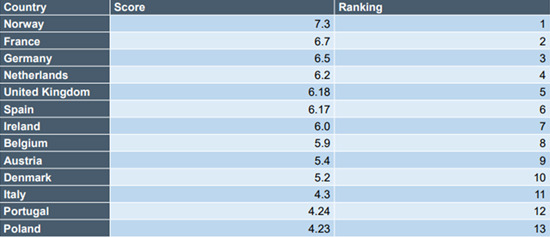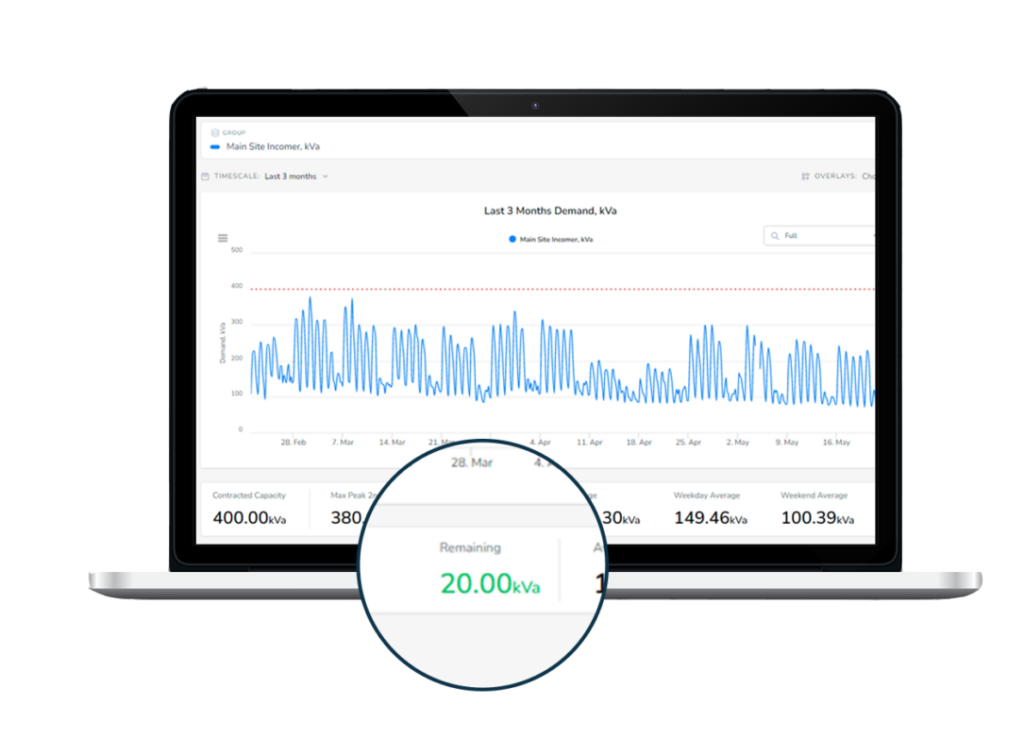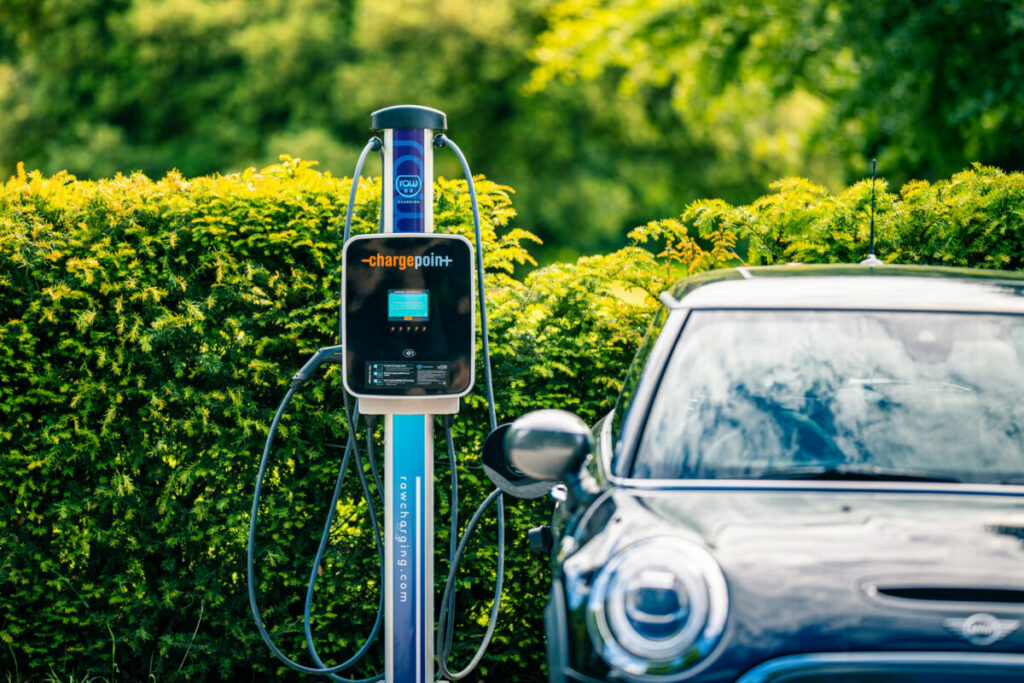RAW Charging installs 29 dual chargers at Brent Cross
RAW Charging has installed EV charging infrastructure for up to 58 vehicles at Brent Cross shopping centre, making it one of the largest EV charging hubs in the UK.
The company installed 29 dual chargers, which will allow drivers to charge for 40p/kWh using contactless debit and credit cards, as well as the RAW Charging app or RFID cards.
“Brent Cross is a superb location in the heart of the local community and has strong transport links to welcome EV drivers from all over London. Local residents and customers of the shopping centre can now make this their go-to charging destination whilst away from home,” said Bruce Galliford, CEO RAW Charging.
“As we move closer towards the government ban on the production of all new petrol and diesel cars in 2030, it is the time for more drivers to embrace electric vehicles. Through partnerships like this, we are making clean motoring accessible, convenient and affordable to encourage more motorists to make the switch to an electric vehicle.”
North Lincolnshire Council selects ubitricity to install 35 EV chargepoints
North Lincolnshire Council has selected ubitricity to install a network of 35 on-street EV chargepoints as part of its A Green Future environmental programme.
Ubitricity, a wholly owned subsidy of Shell, will install and manage the infrastructure which will be made up of 5kW bollard and street lamppost chargers.
“The momentum of EV infrastructure deployments across the UK continues to build, with more and more councils and local authorities helping residents to make the shift to greener modes of transport,” said Toby Butler, UK Managing Director of ubitricity.
“We’re delighted to have added North Lincolnshire Council to our growing list of council partners, paving the way for residents who want to switch to EV.”
EV market share surges 81% in Ireland
Ireland is leading Europe in EV sales, with market share growing 81.3% from 2021-22, the highest in Europe.
This is according to new data from the Electric Vehicle Country Attractiveness (EVCA) Index, developed by Cornwall Insight and law firm Shoosmiths, which found that the leading markets were Ireland, Belgium and Poland, which all had growth rates over 50%.
A range of factors, including purchase subsidies and national EV charging targets, were considered to rank the EV appeal of each nation. Norway clinched the top spot, with its subsidies, tax cuts, and a large-scale charging network meaning it is the most attractive.
Market share of EVs largely ranged from 10-20% amongst the countries within the index.

Jamie Maule, research analyst at Cornwall Insight: “While the results of the Electric Vehicle Country Attractiveness Index may not come as a surprise, after all Norway is well known for its EV success, it is the promise for the future across Europe which is the most encouraging. Although the countries leading the Index, had an early advantage in implementing EV incentives, a larger market share is not the only indicator of success. Countries such as Ireland currently lower in the rankings are showing impressive year-on-year advancements, indicating a shift in interest towards the EV market.
“As the Index evolves, it will be interesting to see how countries move up the ranks through the implementation of new policies, targets, subsidies, and investment incentives, hopefully resulting in a surge of EV adoption throughout the continent.”
Fuuse launches new suite of products to manage EV infrastructure
EV chargepoint company Fuuse has launched a full suite of products designed to help organisations install and manage EV infrastructure, as well as balancing the sites impact on the energy supply and overall grid demand.
FuuseEnergy builds on the company’s management platform, which enables monitoring and managing of EV charging infrastructure, both pre and post-installation. It includes Fuuse EnergyMap which offers an audit of energy usage, helping inform infrastructure decisions.

It uses half-hourly metered consumption data to inform businesses about their baseline demand and forecast the effect of EV charging on demand. By giving organisations a clearer view of their capacity needs, they can make more informed decisions to request efficient DNO upgrades where necessary.
Meanwhile, Fuuse Energy Monitoring is a cloud-based enterprise monitoring solution, providing real-time energy usage information. It enables the efficient deployment of Fuuse’s Multi Level Dynamic Load Balancing, which protects sites from capacity spikes and prevents them from getting contracted capacity tariff penalties.
“FuuseEnergy is a set of energy solutions for EV charging sites. It provides the link between your EVs, buildings and the energy grid. With increasingly limited electrical capacity in local and on-site grids, there is a greater need to optimise how energy is used,” said Gary Highton, Fuuse head of Energy.
“As EV adoption accelerates, we have released a unique arsenal of tools to help inform site infrastructure and provide more control over how energy is distributed across your sites. We’re enabling organisations to plan, monitor and react to energy consumption and demand.”
Islington County Council is amongst the early adopters of Fuuse’s new Energy products.





